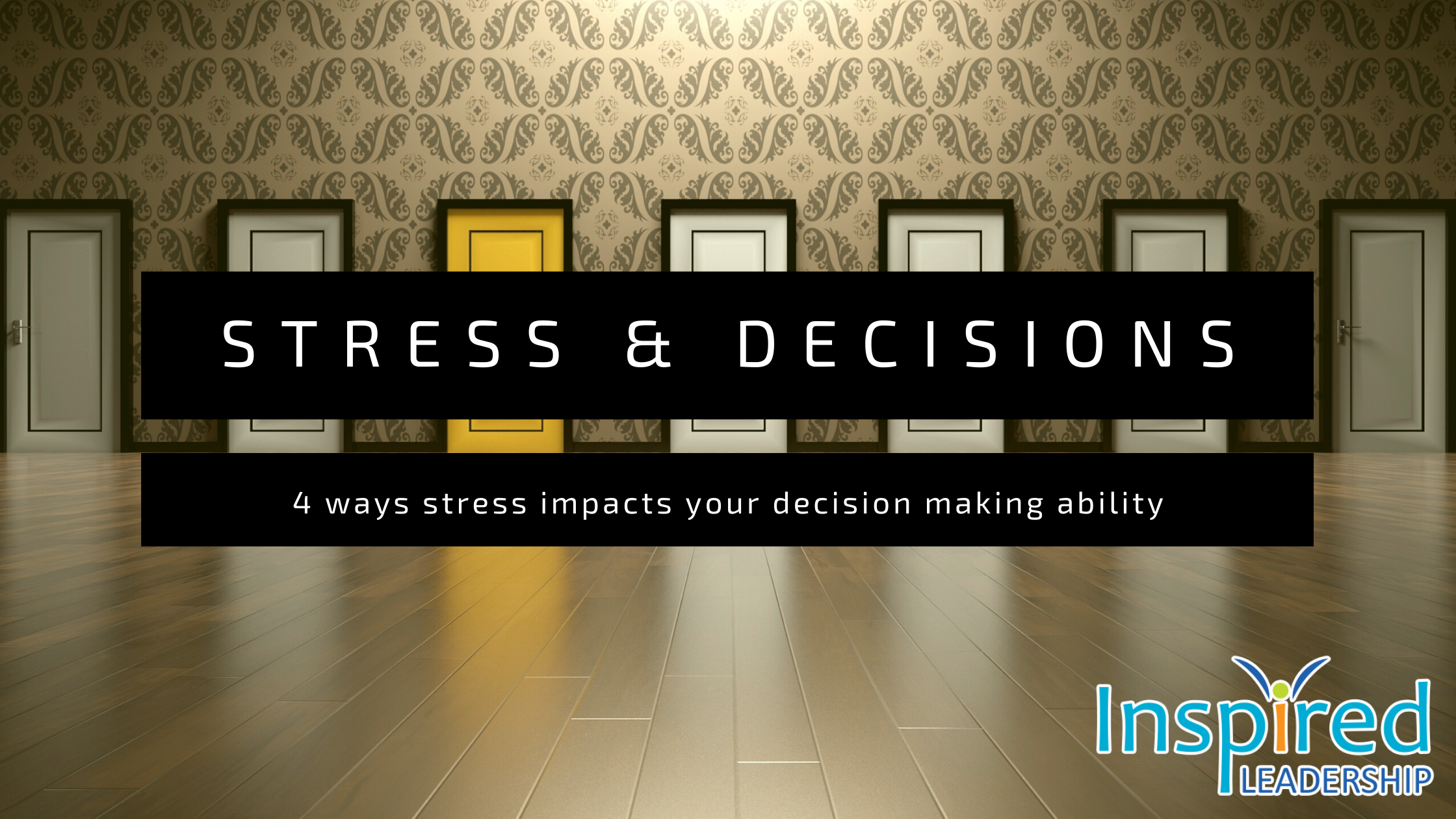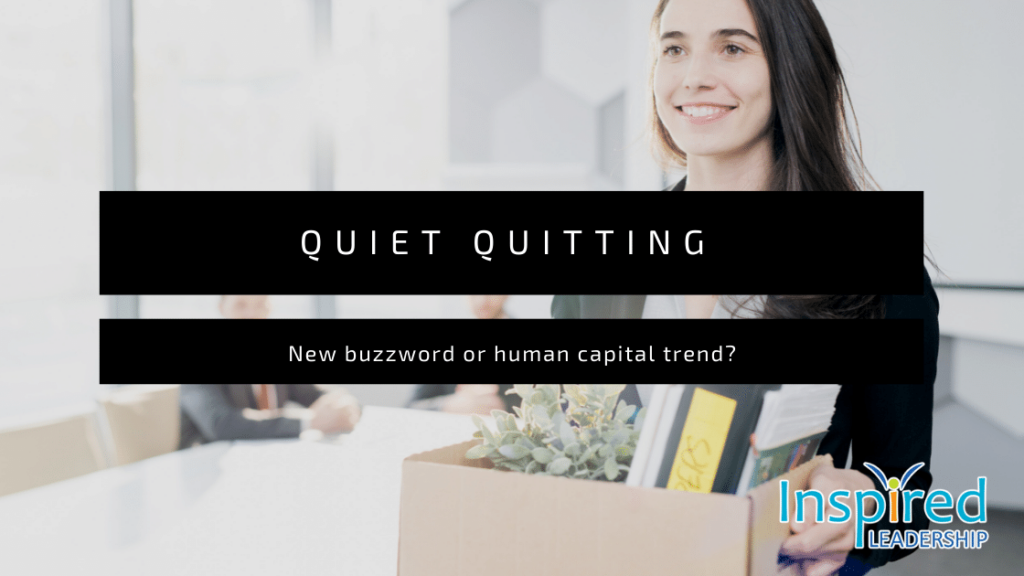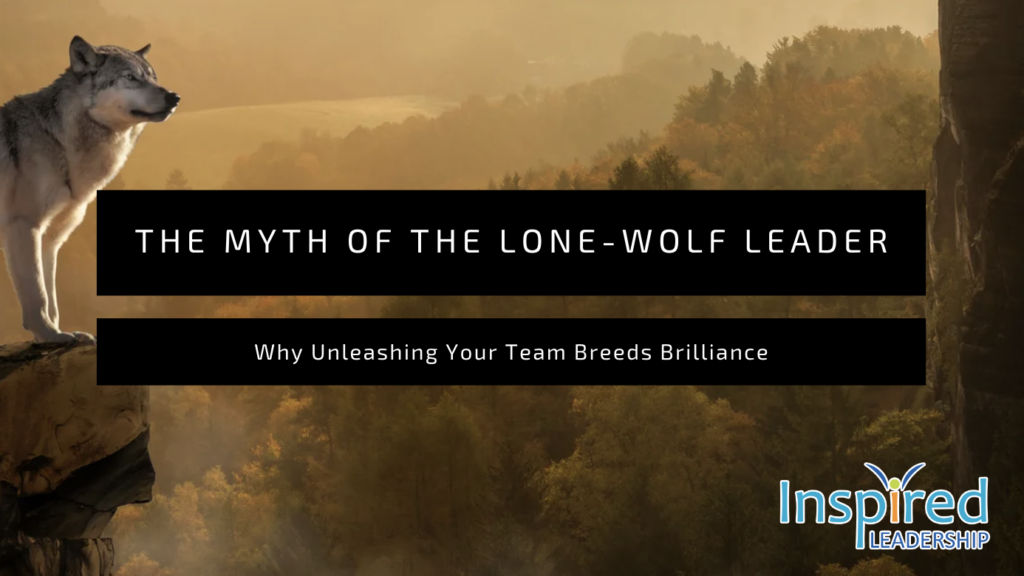Feeling stressed changes how people weigh risks and rewards during the decision-making process.
When under stress people focus more on the possible positive outcomes.
Strangely. when under stress, the natural tendency is to pay greater attention to positive information, while discounting negative information, according to research published in Current Directions in Psychological Science.
This means when people under stress are making a difficult decision, their tendency will be to pay more attention to the upsides of the alternatives under consideration and less attention to the downsides. The disastrous decision-making around the decision to launch the space shuttle Challenger is an unfortunate example of wrongfully paying too much attention to the upsides and not enough on the contradicting downside information.
Our gender can impact our approach to decisions
Research shows that stress increases the differences in how men and women think about and evaluate risk.
When men are under stress, they have an increased tendency and willingness to take risks. When women are under stress, they have a tendency to get more conservative about risk. This, of course, is a generalization and even though there is scientific evidence to support this conclusion, it is critically important to remember that each of us has individual tendencies and preferences that may or may not be in line with gender generalizations.
We make quicker decisions
Under stress, people are more likely to make intuitive and quick decisions, without really thinking through the problem or task.
This is because our brains are wired to be reactionary, not analytical, under stress.
We resort to either-or options
Additionally, a common propensity under stress is to resort to decision making based on binary choices. Thus, people under stress tend to limit the options available to them to just two alternatives, usually in an attempt to arrive at a faster decision.
Unfortunately, this not only prevents more and often better options from being considered, this can also result in premature conclusions based on only a subset of all available facts and information.
Usually, the more stressful the circumstances, the more a leader needs to explore a wide range of options and potential solutions. Unfortunately, while relying on past experiences may create a false sense of comfort and confidence, limiting one’s options is more often than not a recipe for disaster and poor decision making.
Thus, it is vitally important to know ourselves, our preferences, and our default mode when it comes to decision making. Because, when under stress, we are most likely to fall into our default mode and preferred decision-making style, no matter how easy or difficult a decision may be. This is why stress causes some people to freeze and incapacitates their decision-making capabilities, even for the easiest and most routine of decisions.
About the Author
 Steven Howard brings expertise in leadership, business development, and marketing. An award-winning author of 20 books with 40 years of international senior sales and marketing experience, his corporate career covered a wide variety of fields and experiences, including Regional Marketing Director for Texas Instruments Asia-Pacific, South Asia / ASEAN Regional Director for TIME Magazine, Global Account Director at BBDO Advertising handling an international airline account, and VP Marketing for Citibank’s Consumer Banking Group.
Steven Howard brings expertise in leadership, business development, and marketing. An award-winning author of 20 books with 40 years of international senior sales and marketing experience, his corporate career covered a wide variety of fields and experiences, including Regional Marketing Director for Texas Instruments Asia-Pacific, South Asia / ASEAN Regional Director for TIME Magazine, Global Account Director at BBDO Advertising handling an international airline account, and VP Marketing for Citibank’s Consumer Banking Group.
He specializes in creating and delivering leadership development programs for frontline leaders, mid-level leaders, supervisors, and high-potential leaders & is a Certified Inspired Leadership Partner.
Read his book: Better Decision Making: Shifting from Mind Full to Mindful Leadership & get in touch with him at +1 (760) 835-7870 or steven@www.calienteleadership.com | https://www.calienteleadership.com
Twitter: @GreatLeadershp | @StevenBHoward
LinkedIn: https://www.linkedin.com/in/stevenbhoward





